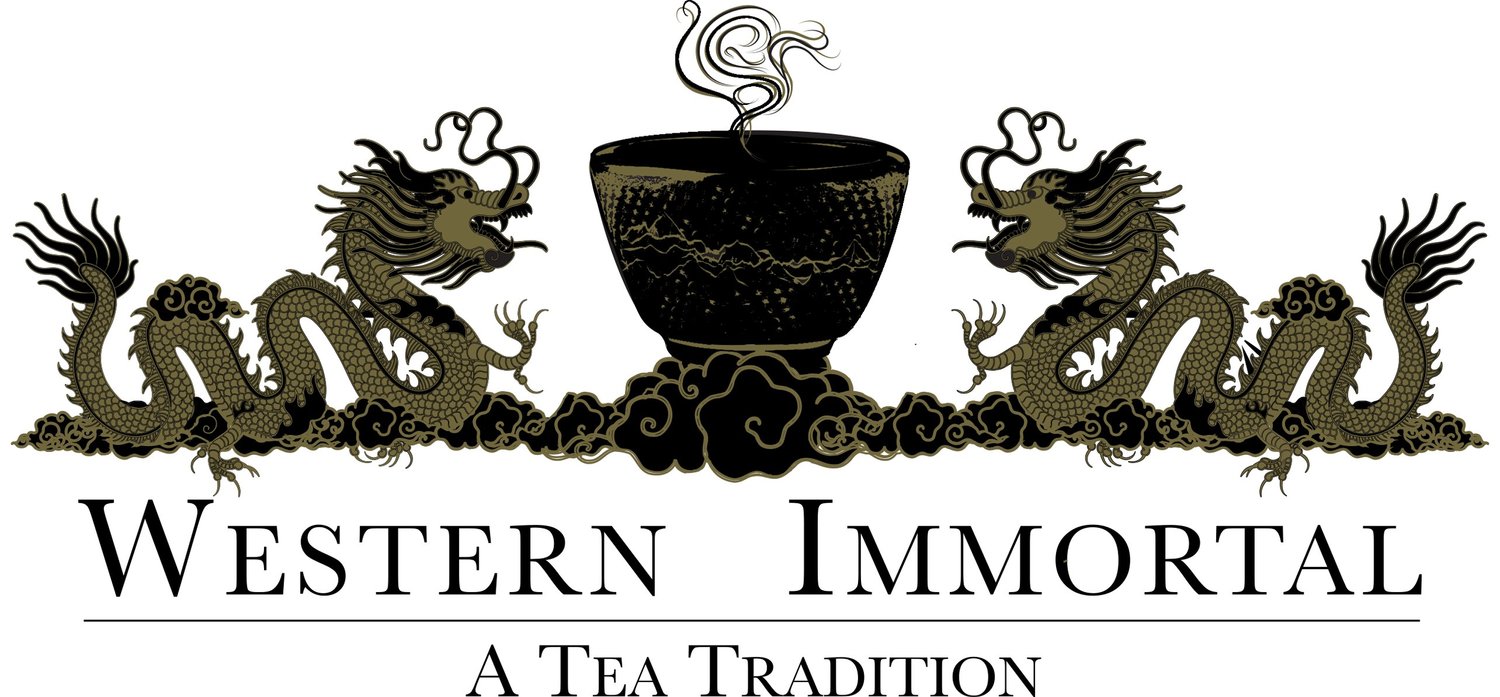 Image 1 of 6
Image 1 of 6

 Image 2 of 6
Image 2 of 6

 Image 3 of 6
Image 3 of 6

 Image 4 of 6
Image 4 of 6

 Image 5 of 6
Image 5 of 6

 Image 6 of 6
Image 6 of 6







Matcha Kyoto
1 oz tin tin of Matcha Kyoto
Origin: City of Uji, Kyoto prefecture, Japan
Temp: 203 F / 95 C
Measure: Modern method: 1 teaspoon per cup / Traditional method: two scoopfulls from a bamboo scoop (Chashaku) in a Matcha bowl
Taste: A unique, vegetal taste and a lingering, sweet umami aftertaste
Benefits: Historically, Matcha has been used by monks to assist in meditation. This may be due to the increased levels of the amino acid theanine, commonly found at higher levels in Matcha, which has been shown to help induce alpha brain waves, normally present during states of meditation and wakeful relaxation. Drinking Matcha brings a higher density of nutrients than drinking other teas due to the ingestion of the whole tea in powder form. Contains a plethora of nutrients, including vitamins A, B, C, E, and K, protein, amino acids, lipids, and minerals including potassium, magnesium, calcium, zinc, phosphorus, and iron.
1 oz tin tin of Matcha Kyoto
Origin: City of Uji, Kyoto prefecture, Japan
Temp: 203 F / 95 C
Measure: Modern method: 1 teaspoon per cup / Traditional method: two scoopfulls from a bamboo scoop (Chashaku) in a Matcha bowl
Taste: A unique, vegetal taste and a lingering, sweet umami aftertaste
Benefits: Historically, Matcha has been used by monks to assist in meditation. This may be due to the increased levels of the amino acid theanine, commonly found at higher levels in Matcha, which has been shown to help induce alpha brain waves, normally present during states of meditation and wakeful relaxation. Drinking Matcha brings a higher density of nutrients than drinking other teas due to the ingestion of the whole tea in powder form. Contains a plethora of nutrients, including vitamins A, B, C, E, and K, protein, amino acids, lipids, and minerals including potassium, magnesium, calcium, zinc, phosphorus, and iron.
1 oz tin tin of Matcha Kyoto
Origin: City of Uji, Kyoto prefecture, Japan
Temp: 203 F / 95 C
Measure: Modern method: 1 teaspoon per cup / Traditional method: two scoopfulls from a bamboo scoop (Chashaku) in a Matcha bowl
Taste: A unique, vegetal taste and a lingering, sweet umami aftertaste
Benefits: Historically, Matcha has been used by monks to assist in meditation. This may be due to the increased levels of the amino acid theanine, commonly found at higher levels in Matcha, which has been shown to help induce alpha brain waves, normally present during states of meditation and wakeful relaxation. Drinking Matcha brings a higher density of nutrients than drinking other teas due to the ingestion of the whole tea in powder form. Contains a plethora of nutrients, including vitamins A, B, C, E, and K, protein, amino acids, lipids, and minerals including potassium, magnesium, calcium, zinc, phosphorus, and iron.
Matcha is one of the most famous teas in Japan and soon to be in the world. Tencha, the type of tea used in Matcha, is grown in the shade for four weeks which helps bring out the nutrients of the tea brings a great umami taste. After this process, the tea is ground into a fine powder using a special stone mill, turning the Tencha into Matcha. Matcha is known to bring the body many more nutrients than your average tea due to drinking the whole leaf in powder form compared with just steeping the tea leaves.
Our Matcha comes from the famous city of Uji in the Kyoto prefecture where the highest quality of Matcha is produced. It is popularly believed that the first tea leaves to come out of China were planted in Kyoto. Matcha is historically used in the famous Japanese tea ceremony but is also now enjoyed by all people. Traditionally, Matcha is prepared in a glazed ceramic bowl in which a small scoop of Matcha is placed and whisked with a small amount of water until foam appears on top. Matcha Kyoto is made from leaves from the second flush harvesting. This is a darker green Matcha that is more bitter making it ideal for ice cream, sweets, smoothies, and other foods. Matcha Kyoto can also be used for the tea ceremony.


